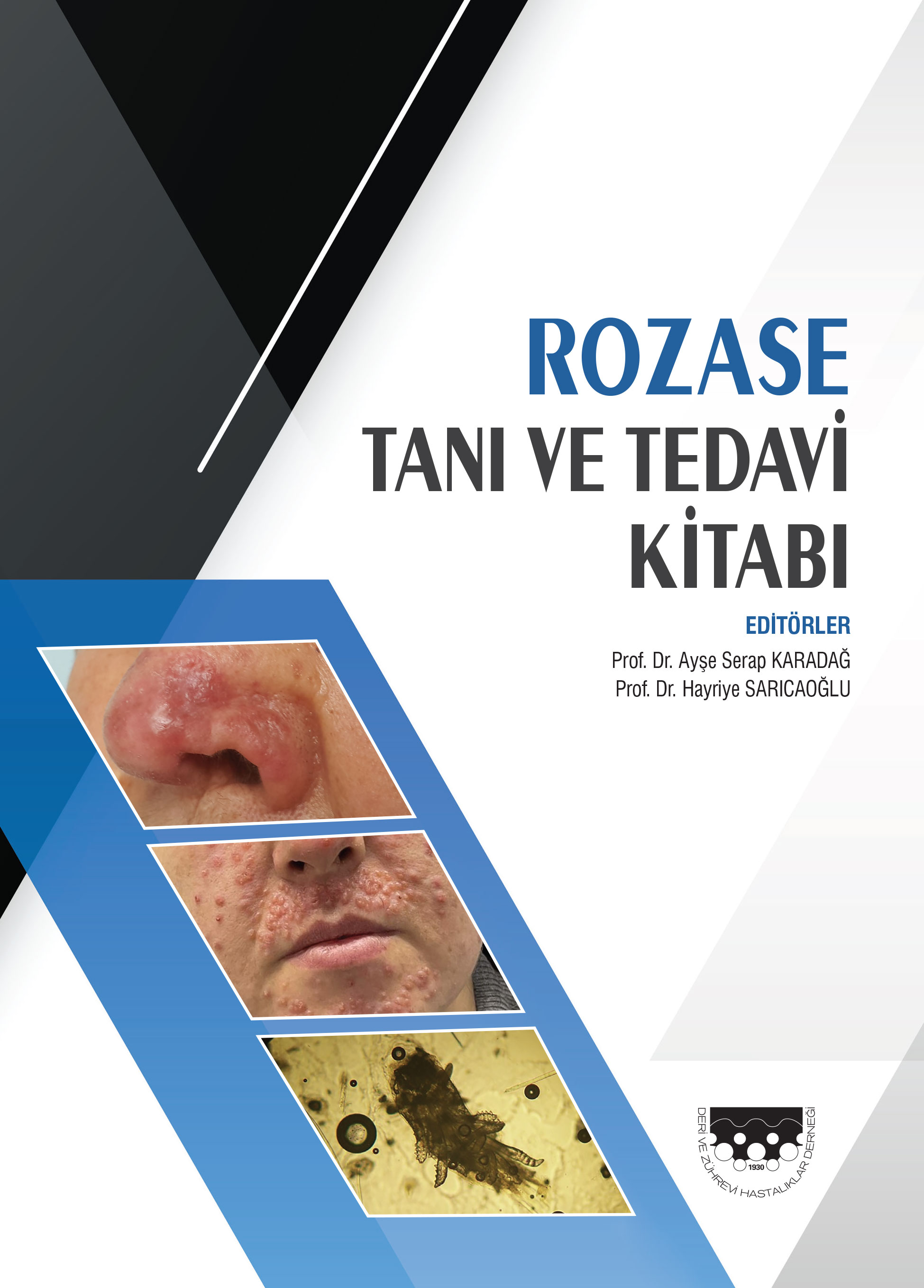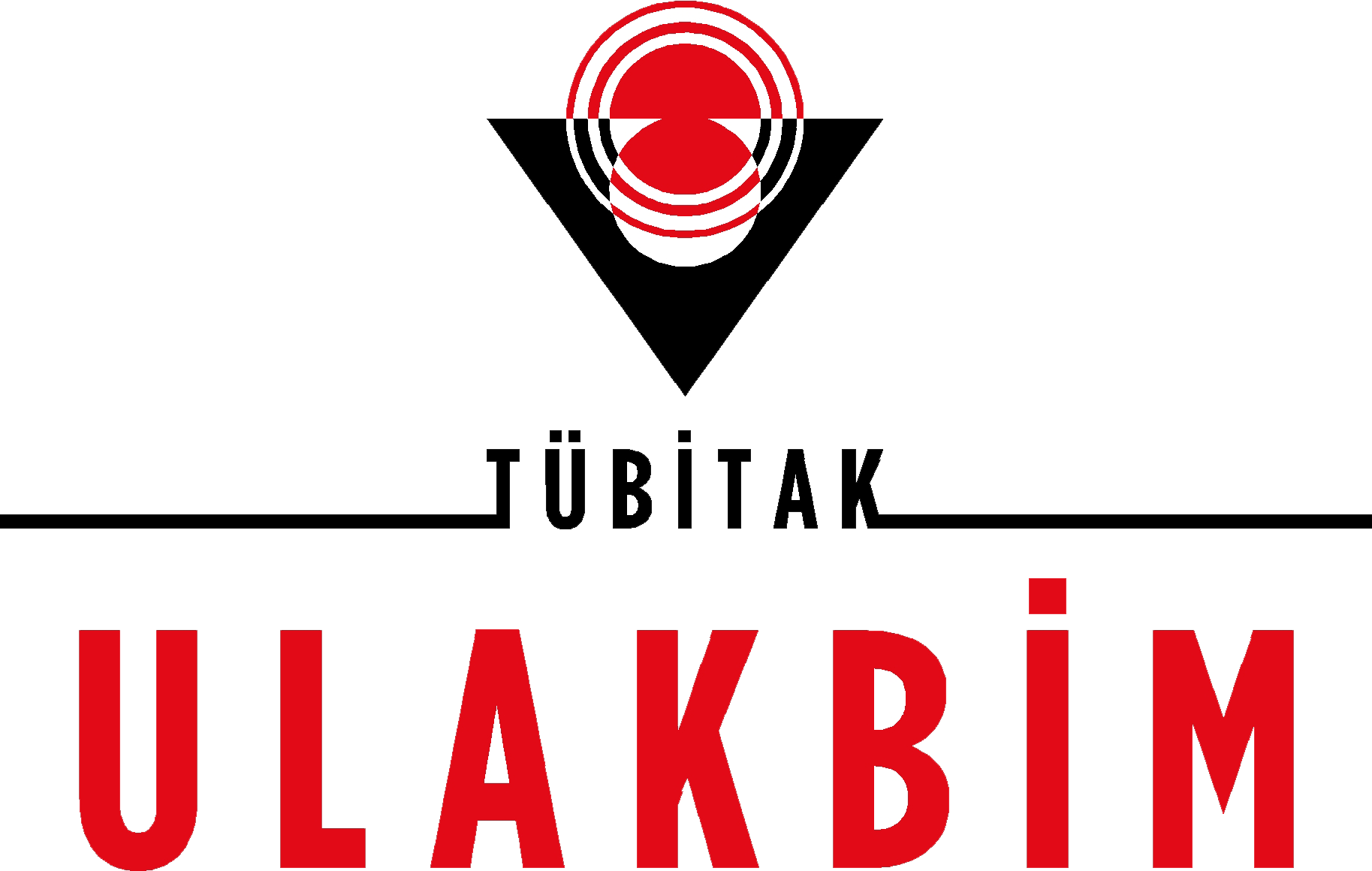Serum vitamin B12, ferritin, and vitamin D levels in patients with seborrheic dermatitis: A case-control study
Semih Güder1, Hüsna Güder21Bezmialem Vakıf University Faculty of Medicine, Department of Dermatology, İstanbul, Turkey2Maltepe University Faculty of Medicine, Department of Dermatology, İstanbul, Turkey
Background and Design: No evidence suggests that any micronutrients are associated with seborrheic dermatitis (SD). The etiopathogenesis of SD is attributed to excessive proliferation of Malassezia species in the skin, deterioration in epidermal barrier functions, and inflammation. Vitamin B12 affects the immune system. Moreover, the ferritin molecule can act as a proinflammatory cytokine and has immunomodulating effects. Vitamin D has immunomodulatory effects and affects the epidermal barrier. Therefore, we thought that low serum levels of these parameters might affect immune responses against Malassezia species that caused SD. The study aimed to compare the serum vitamin B12, ferritin, and vitamin D levels of patients with SD with healthy controls.
Materials and Methods: Patients aged 18-50 years who applied to the dermatology outpatient clinic and were found to have SD during dermatological examination were retrospectively reviewed. Serum vitamin B12, ferritin, and vitamin D levels of 63 patients with SD and 37 healthy controls were compared. Categorical variables were compared using chi-square analysis. Students t-test was used to compare constant variables, and Pearsons correlation test was applied for the correlation analysis. P<0.05 was considered significant.
Results: No significant difference was found in the serum vitamin B12, ferritin, and vitamin D levels between the patient and control groups (p=0.227, p=0.381, p=0.611, respectively). In addition, no significant difference was found between the patient and control groups in terms of serum vitamin B12, ferritin, and vitamin D levels, which were categorized as deficient, insufficient, and adequate (p=0.31, p=0.53, and p=0.80, respectively).
Conclusion: Routine measurements of these values are not necessary, but since detected subclinical vitamin B12 deficiency was detected in the patient group, this should be investigated in prospective controlled studies with a large number of patients.
Keywords: Seborrheic dermatitis, vitamin D, vitamin B12, ferritin
Seboreik dermatitli hastalarda serum vitamin B12, ferritin ve vitamin D düzeyleri: Bir olgu-kontrol çalışması
Semih Güder1, Hüsna Güder21Bezmilaem Vakıf Üniversitesi Tıp Fakültesi, Dermatoloji Ana Bilim Dalı, İstanbul2Maltepe Üniversitesi Tıp Fakültesi, Dermatoloji Ana Bilim Dalı, İstanbul
Amaç: Herhangi bir mikro besin maddesinin seboreik dermatit (SD) ile ilişkili olduğuna dair kanıt yoktur. SD etiyopatogenezinde deride Malassezia türlerinin aşırı çoğalması, epidermal bariyer işlevlerinde bozulma ve enflamasyon suçlanmaktadır. Vitamin B12nin immün sistem üzerinde etkileri vardır. Ayrıca ferritin molekülü, immünomodülatör etkilere sahiptir. Vitamin Dnin hem immünomodülatör etkileri hem de epidermal bariyer üzerinde etkileri olduğu için, bu parametrelerin düşük serum düzeylerinin SD etiyopatogenezinde suçlanan Malassezia türlerine karşı immün yanıtları etkileyebileceğini düşündük. Bunun için SDli hastaların serum vitamin B12, ferritin ve vitamin D düzeylerini sağlıklı kontrollerle karşılaştırmayı amaçladık.
Gereç ve Yöntem: Hastanemiz dermatoloji polikliniğine başvuran ve dermatolojik muayenesinde SD saptanan 18-50 yaş arası hastalar retrospektif olarak incelendi. Altmış üç SDli hasta ile otuz yedi sağlıklı kontrolün serum vitamin B12, ferritin ve vitamin D değerleri karşılaştırıldı. Kategorik değişkenler ki-kare analizi kullanılarak karşılaştırıldı. Sabit değişkenleri karşılaştırmak için Students t-testi, korelasyon analizi için Pearsons korelasyon testi uygulandı. P<0,05 istatistiksel olarak anlamlı kabul edildi.
Bulgular: Hasta ve kontrol grupları arasında serum B12, ferritin ve D vitamini seviyeleri açısından istatistiksel olarak anlamlı fark yoktu (sırasıyla; p=0,227, p=0,381, p=0,611). Ayrıca hasta ve kontrol grupları arasında eksik, yetersiz ve yeterli olarak kategorize edilen serum vitamin B12, ferritin ve vitamin D düzeyleri açısından da istatistiksel olarak anlamlı fark yoktu (sırasıyla; p=0,31, p=0,53, p=0,80).
Sonuç: Bu değerlere rutin olarak bakmak gerekli değildir, ancak hasta grubunda subklinik vitamin B12 eksikliği tespit edildiği için bu durumun çok hasta içeren ileriye dönük kontrollü çalışmalarla araştırılmasını öneriyoruz.
Anahtar Kelimeler: Seboreik dermatit, vitamin D, vitamin B12, ferritin
Manuscript Language: English























